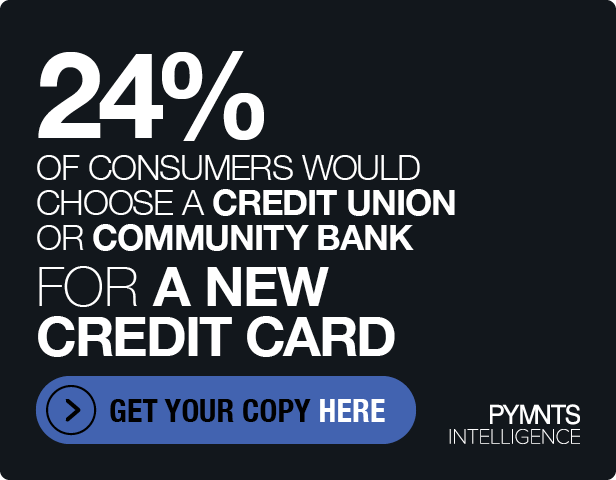BNY Mellon-Citi-Verizon Retail Real-Time Payments Pact is ‘Tip of the Iceberg’

For the first time, retail customers can access real-time bill pay following a partnership between BNY Mellon, Citi and Verizon announced Wednesday (Sept. 15). And according to Steve Ledford, senior vice president of products and strategy at The Clearing House, there will be more and more announcements by the end of this year and early next year as more banks enable their customers to receive and pay the requests for payments.
He said it will expand the number of Verizon customers as well as customers of several other billers who are in the process of implementing. “This is the very beginning, but we know that there’s a lot of pent-up demand to do this, both on the ability to pay as well as on the ability to solicit payment,” Ledford told PYMNTS’ Karen Webster in an interview.
Through the partnership, transactions will be transmitted in real time over The Clearing House RTP network that all federally insured U.S. depository institutions are eligible to use, connecting BNY Mellon as the biller’s bank, Verizon as the biller and Citi as the customer’s bank.
Ledford participated in a very preliminary version of the pilot, during which he opened an account to view his Verizon bill after which he received a pop-up invitation that connected to his Citi app to make the payment. “It was exactly what we wanted to happen and it’s a really cool way of making payments,” he said.
He said bill payment is one of the biggest use cases and while most consumers pay their bills directly on the biller’s web site or via their app, they would like to be able to consolidate it through their bank or credit union. That is the reason BNY Mellon-Citi-Verizon partnership hits “an unmet need in the industry right now,” he noted.
And having anchor clients like Verizon further adds credibility to the deal, he added.
“Everybody knows Verizon. Verizon is a huge biller. It establishes that this is something real, that one of the biggest names in the industry is putting their money where their mouth is.”
The Power of Choice and Certainty
Ledford said one of the great benefits of the process is the choice and certainty it gives retail customers in how they want to pay bills, unlike payments using ACH where consumers don’t have any clarity over when the funds are pulled from a their account to pay the bill or certainty about when the payment will post to the biller’s account.
Ledford said real-time payments eliminates that guessing game, along with the risk of consumers overdrawing their accounts inadvertently. “The key thing is the consumer is in control of how it and when a bill gets paid,” he said, adding that once a payment is made, customers are immediately notified by Verizon (and any other biller that adopts Request for Payment) that it has been received.
“All of the pieces that [a consumer] really needs when they want to make sure they’ve paid their bill and paid it on time, they are getting that type of experience,” Ledford said. “And that’s the great thing about it, it’s a matter of consumer choice.”
In terms of the mechanics, The Clearing House has simplified the process for banks as well, which can handle requests for payments once they are certified. Billers that want to offer it to their consumers, also require certification before enabling it in an online or mobile application, but they have control over their own rollout schedule.
SMB Friendly and Biller Direct Complementary
Ledford added that more large billers will be live before the end of the year, and key to getting this capability established. And once that base is established and people can pay their utilities in real time, it will be amenable even to smaller billers.
Ledford also said that he said he expects some of the bill or service providers who typically power bill payments for their small and mid-size clients to take this up moving forward, further extending the capability to the very long tail of billers consumers pay.
He added that Verizon and most of the billers that The Clearing House has engaged with view Request for Payment as a complement to their biller direct model. Billers don’t want a bad customer experience, he said, and sending a request for payment when a bill is due and also having the opportunity to send out a reminder when it’s close to being due is only beneficial.
For Verizon, in particular, any concern over cannibalizing its direct biller business is minimal because the wireless network operator is still the one with control over the timing, said Ledford.
He concluded by saying that the requests for payment mechanism meshes nicely with another real-time payment trend, which is the move to earned wage pay on demand. Consumers can get a bill from Verizon and either pay it right away, or align it with regular or on demand payroll options. The fact that consumers have the certainty that a payment is made and posted to the billers account gives them the flexibility they need to better manage their cash flow.
“People can go back to living their more normal lives” free from cash flow shortfalls between paychecks, Ledford said.
